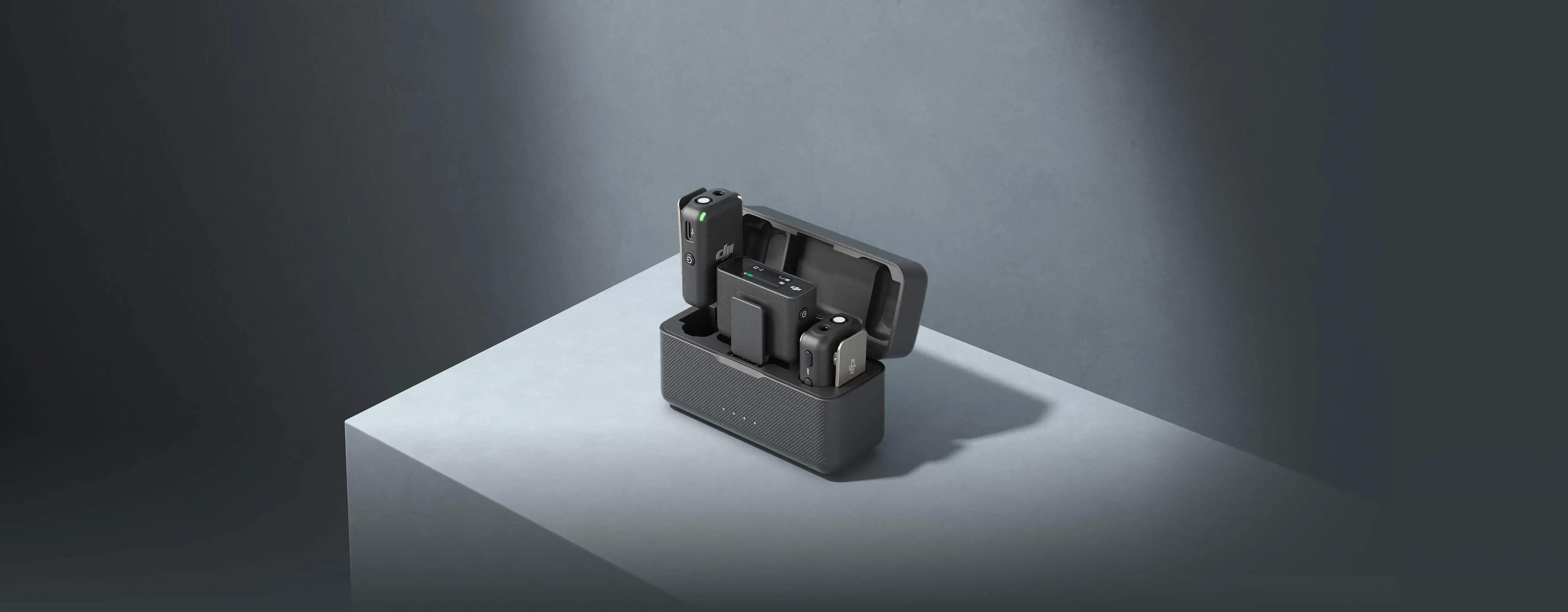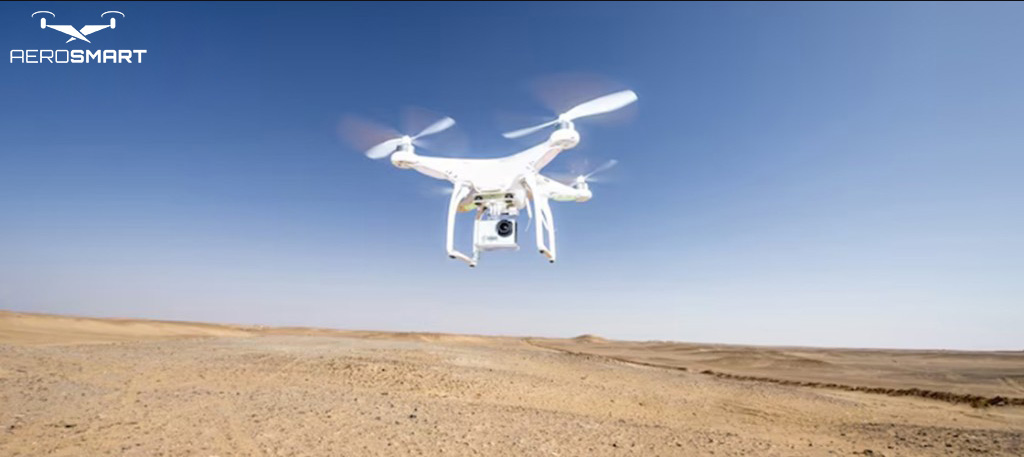
Aerosmart UAV Trading L.L.C. is a tech company that specialises in drones and solutions in the UAE and across the GCC.
Our Office
Office 203, Al Tayer Commercial Building,Rolla Street, Bur Dubai, UAE
Phone:+97142238380
Email:sales@aerosmart.ae

Yes, drones are legal in the UAE, but with specific regulations. Drone use is permitted for both recreational and commercial purposes, but requires registration and adherence to strict guidelines established by the General Civil Aviation Authority (GCAA). Interest in drones has grown everywhere, and it is no surprise that the UAE is joining in. But is it legal? And if yes, what are the rules? Using drones in the UAE for aerial photography, recreation, or business can be done within the country’s well-defined regulations. If you are eager to fly a drone Dubai, this post covers everything you should know before starting.
If you follow the regulations set by national authorities, flying drones in the UAE is allowed. Both the GCAA and the DCAA are key regulators for all drone activities in the UAE.
According to these authorities, all drone users are split into the following groups.
There are also Government Operators and those who visit or come to see the process. The requirements for licensing, registering, insuring, and permitting places vary by category of transportation.
If you fly a drone Dubai just for enjoyment, you must follow a set of important rules. All people who use drones for hobbies are required by the GCAA to register themselves and their drones before going airborne.
You are only permitted to fly your drone in the green zones listed on the My Drone Hub app. It is necessary for the drone to weigh no more than 5 kg, and it can only be used for recreation and not to make money. Drones can fly only nearby and not get more than 400 feet above the ground. All flights are permitted only when the weather is clear and visual conditions are good.
How hobbyists should choose their equipment:
You don’t need a formal pilot licence to fly just for fun, but you do need permission from the GCAA. You are not required to buy drone insurance, but it is strongly recommended.
You should make sure to follow the maker’s instructions and always inspect the drone just before flying. Just like for FPV drones above 25 kg, those above 21 years old are permitted to fly only with approved clubs.
Drones can fly commercially in the UAE according to a two-part process.
Only after completing all those steps can an organisation perform aerial photography, inspect sites, survey areas, fly over fields for agriculture, or cover events with drones.
Every commercial drone operator must register the device and obtain insurance for all operations. Insurance is compulsory for all professional drone operations, as it is not needed for hobbyists.
Users working commercially often rely on DJI drones like the Mavic 4 Pro because of how dependable they are for the job. However, they can only be flown if they follow both operational permits and safety rules.

All tourists in the UAE who want to fly drones must register them with the GCAA beforehand. Since you do not need a drone pilot licence as a traveller, obeying local guidelines is very important.
Travellers should only visit open green zones and limit themselves to recreation in those areas. Cameras may be used in these zones as long as they don’t violate privacy laws. You are not required by law to have drone insurance as a visitor, but it’s best to have it for the sake of protection and peace of mind.
Drone use by government agencies and approved organisations include management of security, the environment, fires, and emergency situations. Operators who wish to fly drones must register them and also get the correct drone pilot licence. Though insurance is not compulsory in this range, other administrative steps are still required. They are carried out within a system meant to ensure air security and privacy and keep the country safe.
Drone users should download the My Drone Hub app to learn which areas are legal to fly. It shows where you are allowed to fly and where you should avoid.
It is not permitted to enter airports, helipads, airfields, or congested cities on aircraft without authorisation. Anyone using drones should make use of the UAE Drones App to keep up with all the latest rules, regulations, and drone news.
A direct radio link must be maintained by drone operators at every step. Some specific frequency band restrictions are:
They keep other communication systems from being disrupted and guarantee safety in the air.
The drone must be checked over carefully before every flight. It’s important for operators to make sure their drones are working and are safe to utilise for flights. Users are required to ensure that the drone does not hurt anyone, damage objects, or come into collision with other aircraft.
Drones cannot be used to crash into, harass, or intimidate people. In case a drone accident or control trouble happens, you should quickly tell the GCAA.
Should a drone be sold or resold within the UAE, the new owner’s information must be registered with the GCAA. Sellers need to tell the authorities how they keep track of shipments and ensure that they can be traced. Using accountability and safety processes for drones benefits everyone within the community.
UAE laws about drones ensure:
They aim to support users, both those who fly for enjoyment and those who fly commercially, while also boosting the safe growth of drones in the area.
Dubai residents and tourists choose the DJI Mavic 4 Pro as their leading option for a drone in the area. It is made to capture excellent pictures and video, skip around objects in its path and be dependable.
Majority of people in the UAE rely on DJI drones as they are both tough and simple to operate. It’s important to pick the right one for any purpose, whether it’s travelling for desert views, inspecting, adhering to the law, or having your drone work smoothly.
Being aware of all the rules and regulations will guarantee that you are able to fly your drone in the UAE. If everyone gets registered, follows the guidelines, and recognises certain zones, all hobbyists and professionals can fly drones with no hassle. Knowing the rules about drones in the UAE is crucial, no matter if you simply love to fly or use advanced DJI drones in your job.